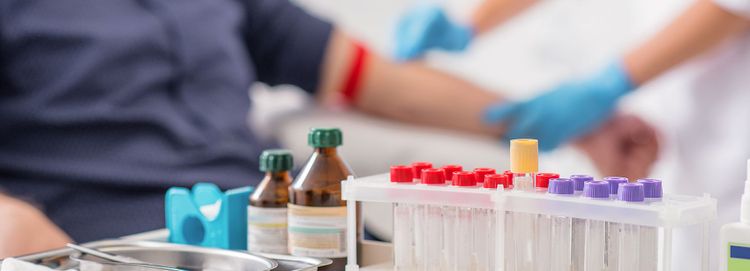June 21, 2023
Why is it important to be a consultative lab?
Being a consultative lab is vital to delivering the highest-quality care to providers and their patients. Becoming a consultative lab is a strategy focused on building relationships, understanding problems and developing solutions that provide valuable and actionable insights to the care team.
In a recent article by Jaime Noguez, Ph.D., DABCC, building high-performing teams within the clinical lab space is becoming increasingly important. A consultative approach can further enhance the lab’s expertise as part of that team-building effort. But where do you start?
There’s no all-encompassing roadmap that works for every lab. The key is knowing the unique issues your lab faces. Are there issues involving a high number of missed specimens? Are your providers not utilizing the best available tests? Knowing your top pain points is key to providing a consultative approach to resolving them. Think of it this way-your lab staff knows what tests are available within your lab and which tests offer the best benefits, but if providers aren’t aware of these tests, they may be ordering outdated or less valuable testing, which can result in a lesser quality of care for the patient and higher costs.
As a consultative lab, a high level of trust and expertise is gained. Providers and administrators can learn a deeper understanding of the available resources, which can also provide insights into budgetary bottom lines. Consultative labs can offer education on the most up-to-date testing, recommend specialty tests and work together to achieve exceptional patient care.
Taking intentional steps
Tap into something that is already at your disposal. Data. In a recently published whitepaper, Four Steps Toward Becoming a More Consultative Laboratory, lab data is emphasized as being an essential asset and untapped resource. It’s timely, inexpensive and provides the opportunity to present an objective picture of the patient’s health that cannot be derived from any other source of information.
The bottom line is by organizing your data so that it can be leveraged into a single source of truth; your lab can leverage the insights available in that data to offer your clinician customers more than just a result. Organized lab data can reveal information that empowers medical decisions that are critical to the healthcare system.
Now that you have a clearer vision of the value of being a consultative lab you can begin taking your first steps in becoming part of high-quality healthcare decision-making. Download the whitepaper, Four Steps Toward Becoming a More Consultative Laboratory and begin taking your first steps to align your lab to be a vital part of the decision-making care team.
For more than ten years, hc1 has been working with labs and their data and has a pre-built solution to help your lab become a consultative laboratory leader for your customers and a thought leader in your field. hc1 often partners with lab leaders who wish to share their experiences with others by presenting at laboratory industry conferences and webinars, as well as in trade publications and case studies. Let us help you take your seat at the table!
____________________________________________________________________________________
Lorri Markum is the marketing manager for hc1 Insights and has over two decades of corporate and nonprofit marketing leadership experience. Lorri specializes in B2B marketing and is SEO Certified. A graduate of Ball State University with a degree in psychology, digital communications and storytelling. For the past 25 years, Lorri has been a professional commercial photographer and photojournalist in the music industry. Before joining hc1 she served as the marketing manager for a nonprofit healthcare organization, serving 40 counties throughout Indiana.












